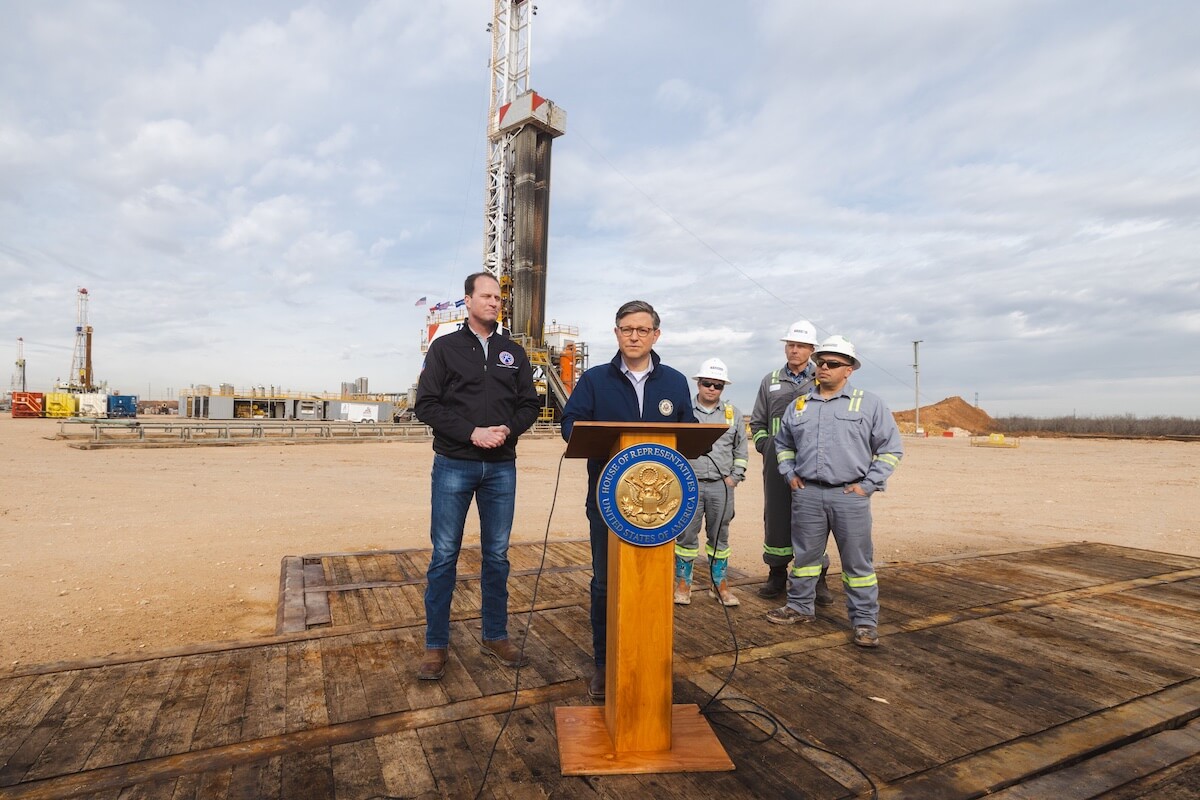A crisis is usually followed by learning. If in 2022 tech private markets were defined by the crash of some of the highest-valued and hyped companies, 2023 will be a year of recalibration.
We believe that this resetting in startup-land and venture capital will involve a re-working of due diligence and the implementation of ESG frameworks, for environmental, social and governance. We are not expecting a drastic slow down of investments given the record amount of available ‘dry powder,’ but a change in the way in which investments are done.
Crypto is a good example…
Let’s look at the most extreme hype-industry of the last few years: crypto. Enormous amounts of founders, investors and speculators pushed the industry, which is still searching for real, large-scale applications for its various technologies, to extreme heights. In 2021 alone, crypto and web3 startups attracted almost $30 billion in VC investments. The most sought-after founders and companies saw VCs pile in millions, often without conducting any real checks, so-called due diligence, in heated battles for access.
We saw the result of such negligence in a series of crypto-related implosions, making the same millions of investor and customer money disappear. From UST/Terra/Luna and Celsius to FTX and Voyager, we haven’t even seen the end of the downward spiral in crypto yet.
Arguably, enforcing the most simple governance principles – transparent leadership structures and conflict of interests as well as the establishment of a board and accounting practice (all of which FTX was missing) – would have helped to prevent some of the crashes.
…but the same issues abound across venture capital
The issues which have been revealed through this crypto freefall over the last few months, have in fact been brewing across startups and private markets for years. They are not unique to the crypto world – just more pronounced.
For the better part of the last decade, the private markets were/ have been increasingly flush with cash; VC (and buyout) investors have been flooded with institutional money driven to find alpha in new ways – in wild markets – in a low interest rate environment. If VC investors are nervously running around handing out money left, right and center on the hunt for ‘blitzscaling unicorns’, the time to ask questions, do background checks and scrutinize the startups is short.
The result: while valuations went (unsustainably) crazy, founders often remained unchecked. This often manifests itself in a dual class share structure and lack of general governance checks-and-balances. Overall, companies grew at all costs – leaving considerations about ‘good culture,’ ‘good data’ and ‘good products’ behind. The crave of techno-optimism made it easy to disregard calls for risk analyses and building responsible businesses.
Now, interest rates are rising and tech has seen the biggest collapse across markets in the last decade; the tables are turning right now and the power is back in the hands of investors. As the FT’s Brooke Masters recently proposed: due diligence should be back on the agenda in this environment, especially on the financials.
Stop the hype and integrate ESG
Financials are indeed back in focus for VC investors screaming for something they have been forgetting about for 10 years: profitability. But at the same time, cases like FTX, which involved some of the biggest names in VC, from Sequoia to Tiger Global, have shown how important ESG is early in a company’s life. FTX is clearly a failure of governance, due diligence and the establishment of such mechanisms post-investment.
While conversations with VCs continue to reveal how hard many of them find it to ‘get started’ with ESG, given the lack of understanding as to what it really means in day-to-day practice, as well as the complexity and variety of its different indicators/ components, the recent crises make the ‘G; especially pertinent as a starting point. Installing boards, HR processes, grievance procedures and conflict-of-interest checks should always have been part of VC practice and due diligence.
We also already know how material a sub-issue of ESG is in the VC and startup world: diversity, equity and inclusion. Adding more diverse perspectives to VC decision-making bodies has been documented to have positive financial outcomes. Similarly, working against the blatant lack of diversity in who gets funding from VCs is not only part of ESG disclosure requirements on the European Union level but also increasingly integrated in LP reporting and pressure.
A broader ESG agenda is also driven by regulation, at least for European investors and startups; SFDR regulation is coming into place this year and CSRD for the 2024 financial year. The broad disclosure requirements spanning the whole spectrum of ESG encapsulated in SFDR and CSRD sets a starting point for VC portfolio companies, too. In Germany, a new ‘supply chain law’ is going one step further already; the 2023 law is requiring companies to check human rights adherence across their supply chain.
Many expect this law to be rolled out across Europe in due time making human rights another important ESG angle to focus on. US regulation is lacking so far but SEC rules are in the making which will provide yet another incentive for investors.
What we now need to be careful with is yet another hype or two. Twitter VC has already been over-excited about the potential of ‘generative AI’, from text to images. Preventing another unchecked hype-industry to mushroom and crash – be it AI or otherwise – is the responsibility of investors.
ESG – as part of due diligence and portfolio management – can give them a toolkit to tackle this challenge. What they should do now is take the time and where needed money into their hands to build up the necessary ESG expertise. This is what we hope 2023 will bring to the VC industry, starting in Europe.
Johannes Lenhard is co-director of VentureESG and researcher affiliate at the Minderoo Centre for Technology and Democracy at the University of Cambridge.
Hannah Leach is a partner at Houghton Street Ventures and co-founder at VentureESG.











